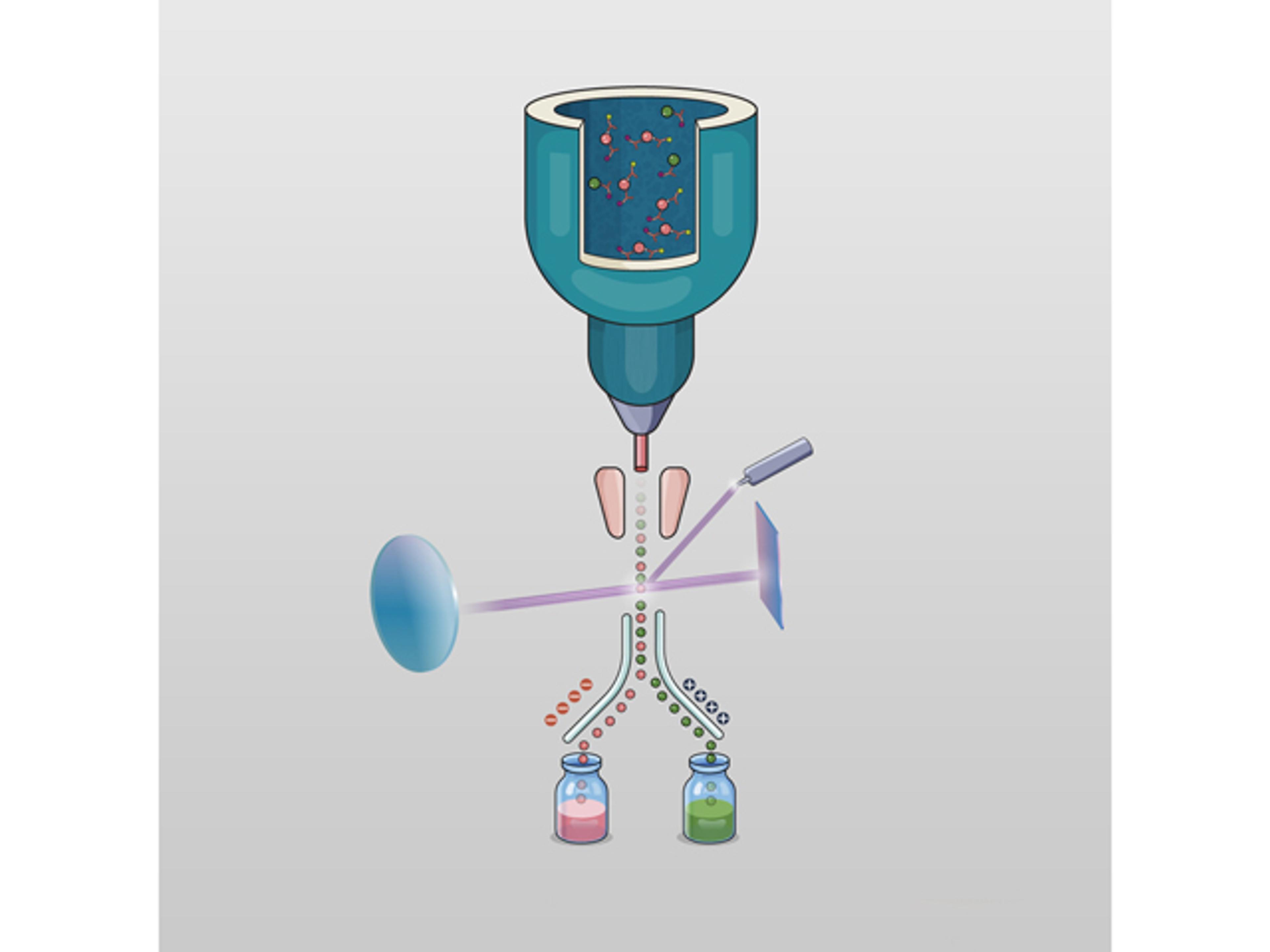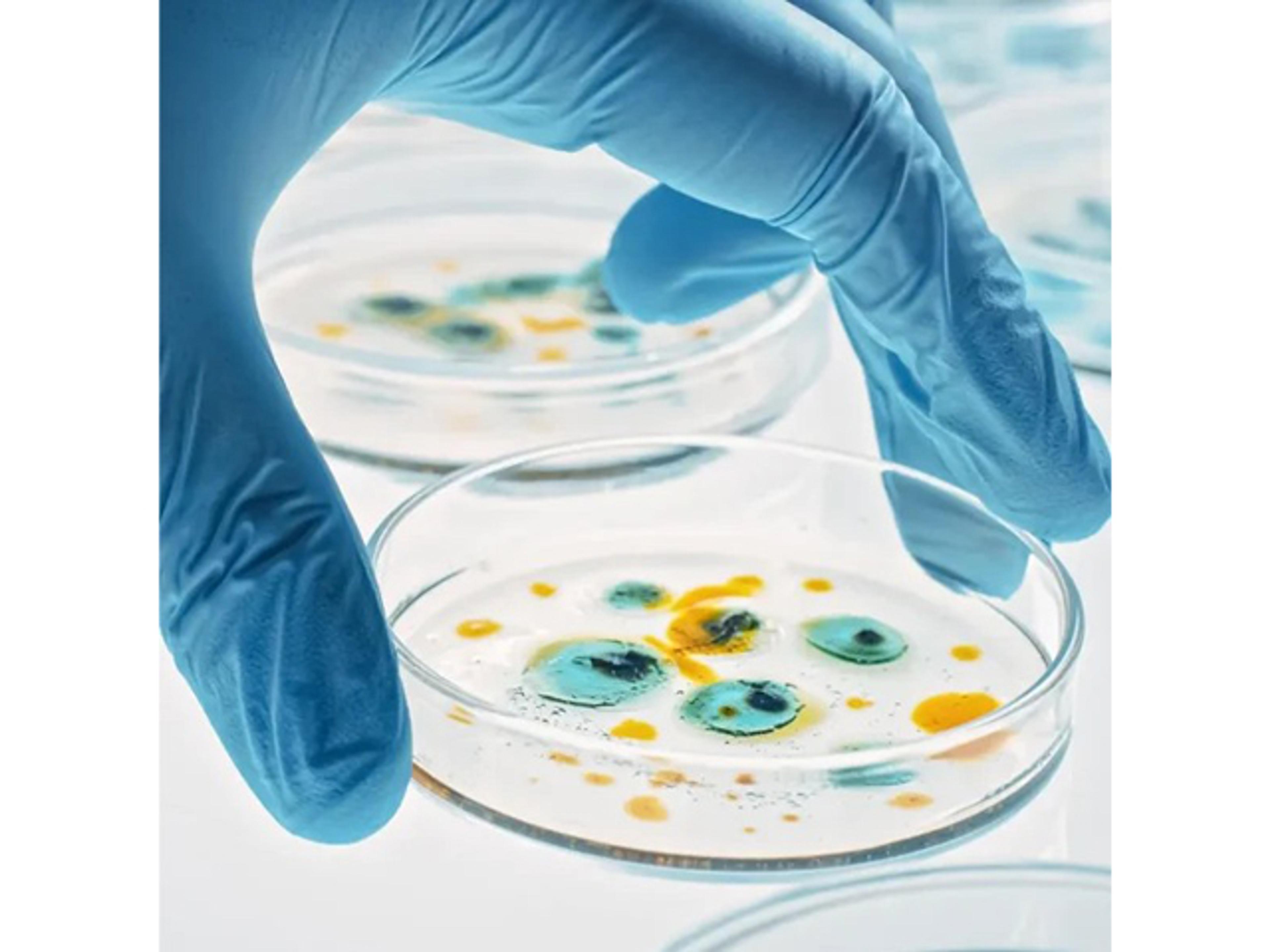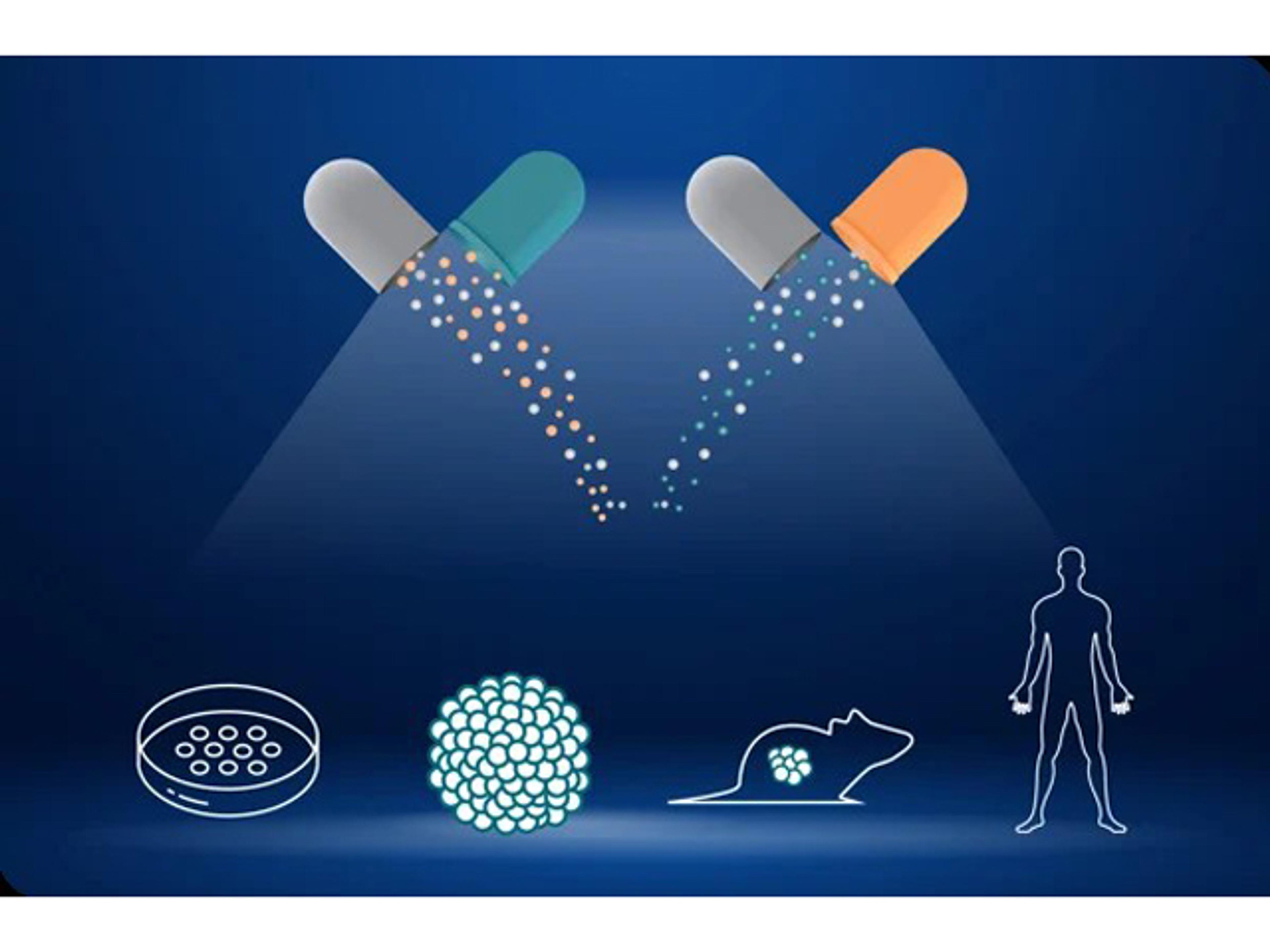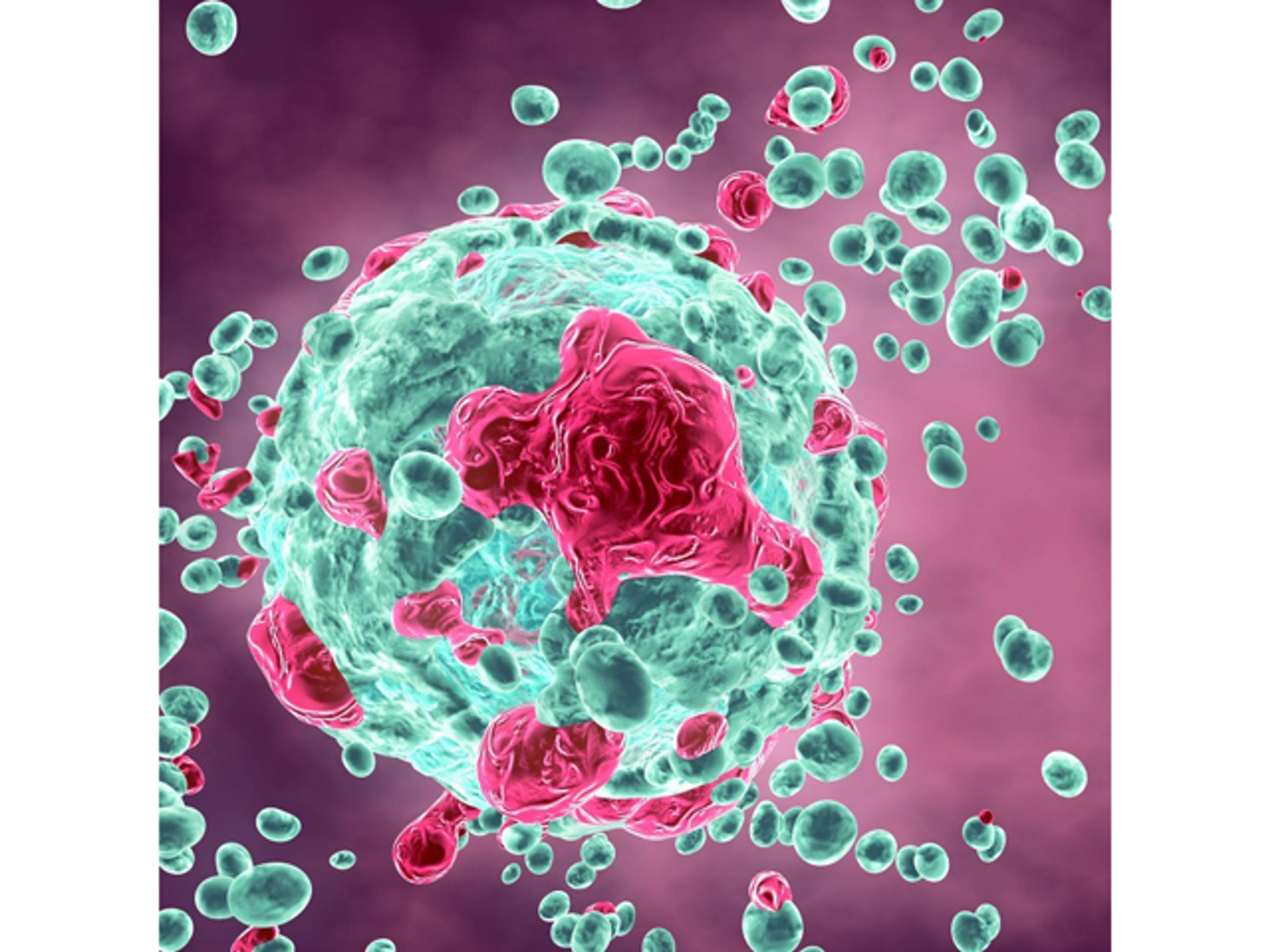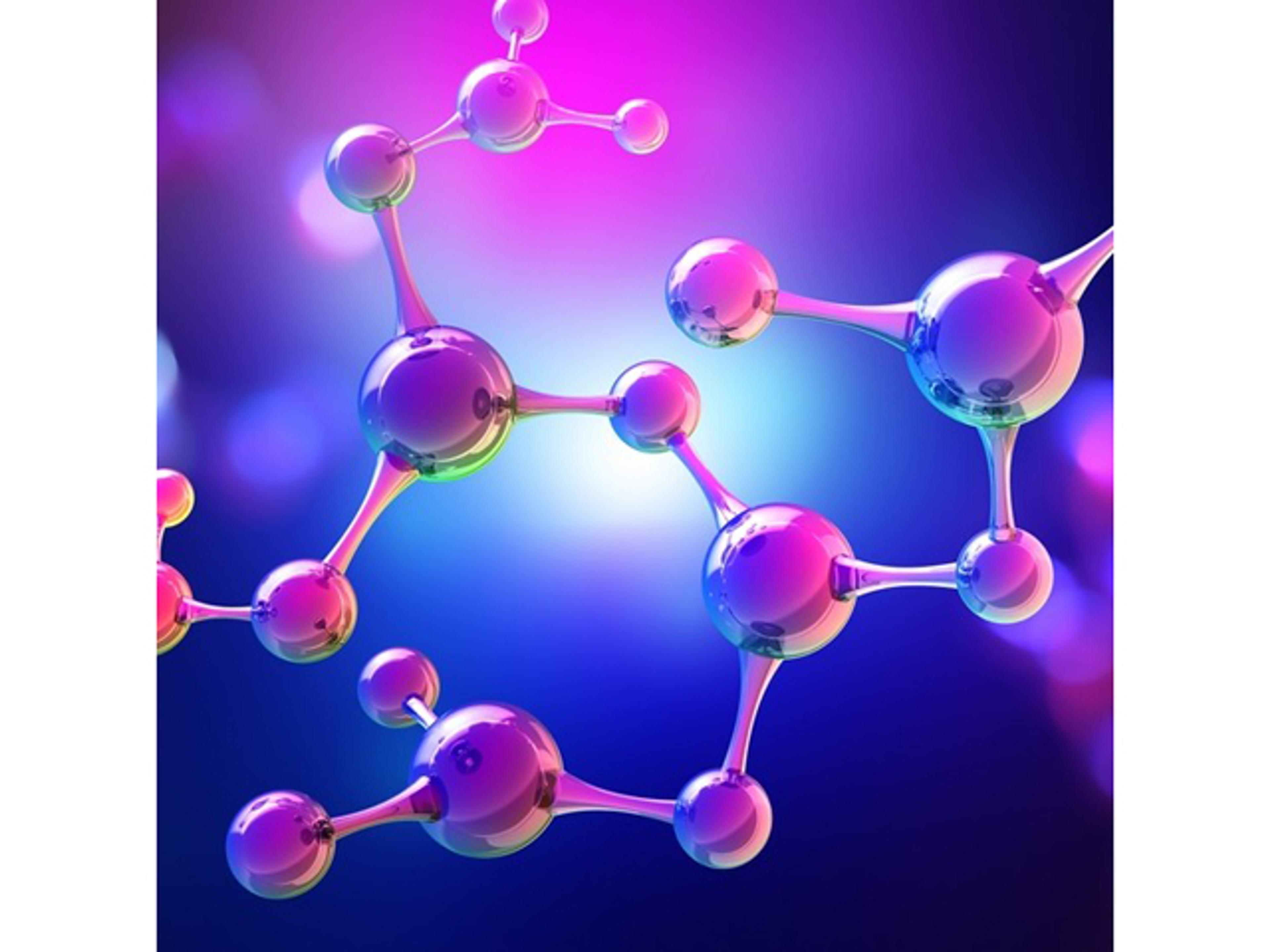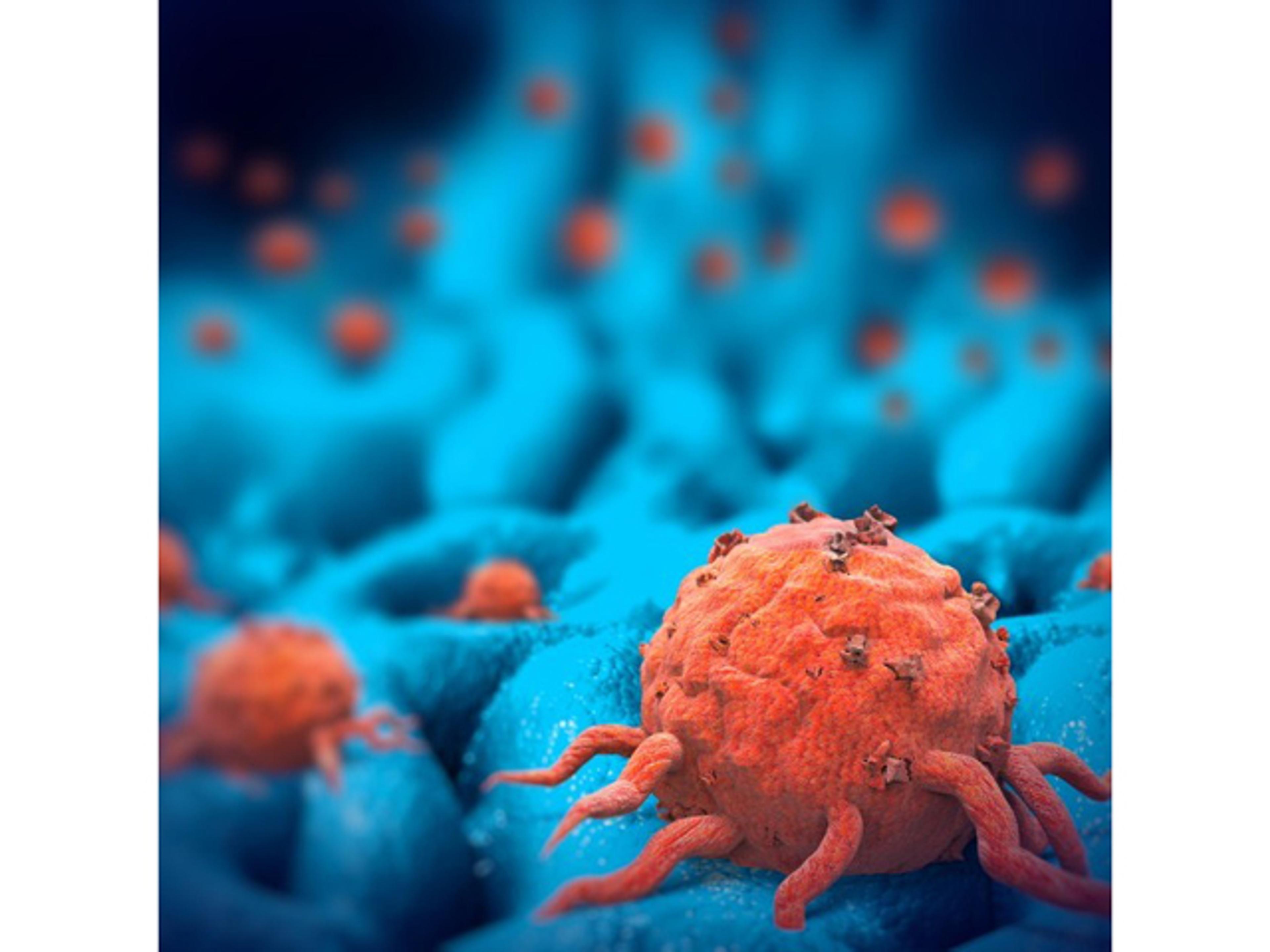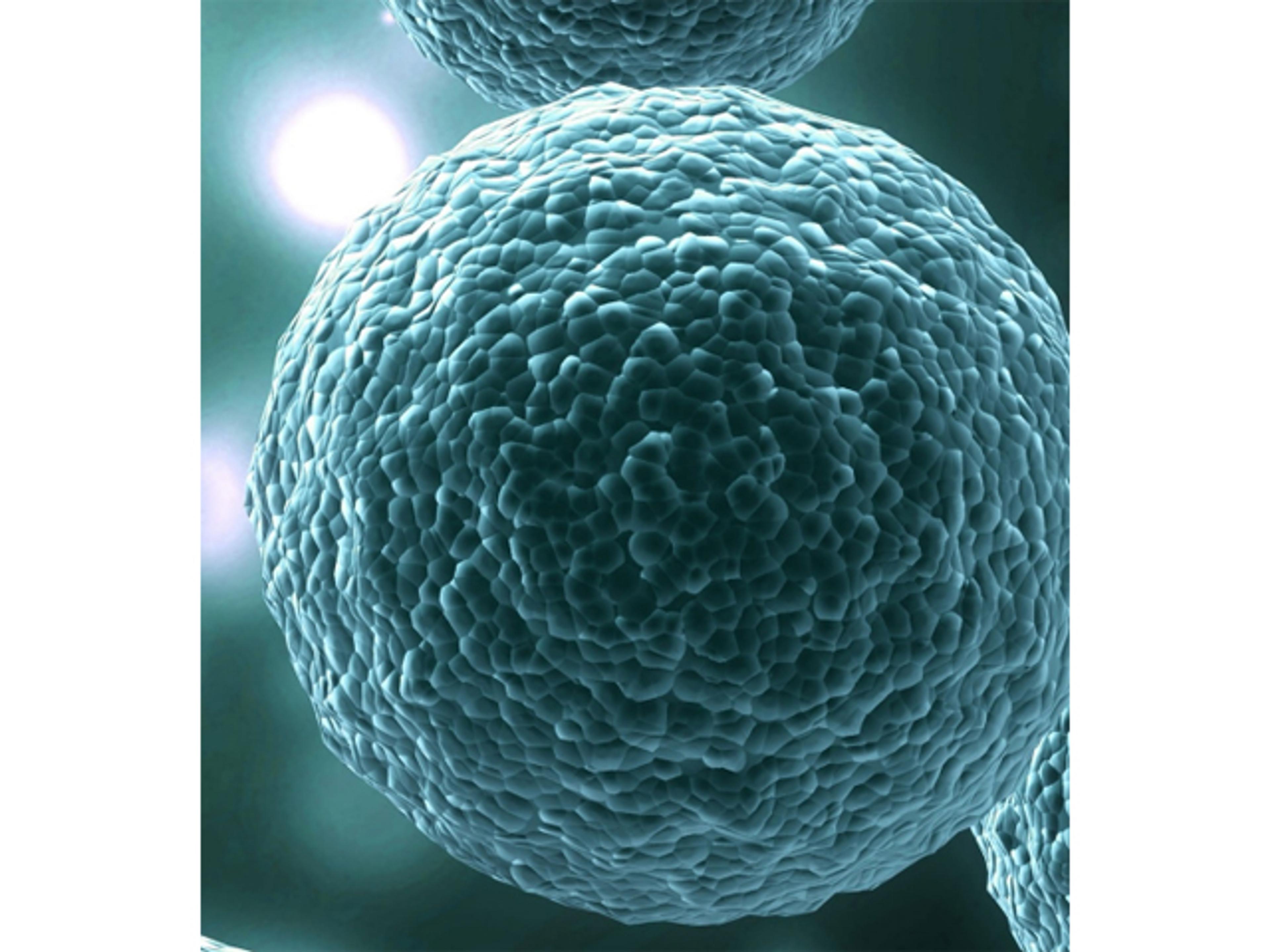Products & ReviewDrug discovery > Pre-Clinical Development
Mass Spectrometry (MS) Services
Delve into biomarker discovery and drug development with Crown Bioscience’s next-generation proteomics services—leveraging 4D-DIA technology for deep, reproducible protein profiling and post-translational modification analysis.
Next-Generation Proteomics Services for Comprehensive Biomarker Analysis
In the dynamic landscape of biomedical research, understanding the proteome—the entire set of proteins expressed by a system—is crucial for unraveling disease mechanisms, identifying biomarkers, and developing targeted therapies. Crown Bioscience offers cutting-edge proteomics services, harnessing advanced mass spectrometry technologies to provide deep, accurate, and reproducible protein analysis.
Key Technologies and Services:
- 4D-DIA Quantitative Proteomics: Combining ion mobility as a fourth dimension with data-independent acquisition (DIA) strategies, this approach enhances sensitivity and depth of protein identification, enabling the detection of low-abundance proteins and providing comprehensive proteomic profiles .
- 4D Phosphoproteomics: Specialized in identifying and quantifying phosphorylation events, this service employs immobilized metal affinity chromatography (IMAC) and ion mobility separation to achieve high-confidence phosphosite mapping, crucial for studying signaling pathways .
- Post-Translational Modification (PTM) Analysis: Beyond phosphorylation, Crown Bioscience offers analysis of various PTMs, providing insights into protein function regulation and disease associations .
Applications:
- Biomarker Discovery and Validation: Identify protein biomarkers for disease diagnosis, prognosis, and therapeutic targeting.
- Mechanism of Action Studies: Elucidate how drugs interact with their targets and affect cellular pathways.
- Drug Development Support: Assess drug efficacy and toxicity through comprehensive proteomic profiling.
- Disease Mechanism Research: Investigate the proteomic alterations associated with various diseases to uncover underlying mechanisms.








